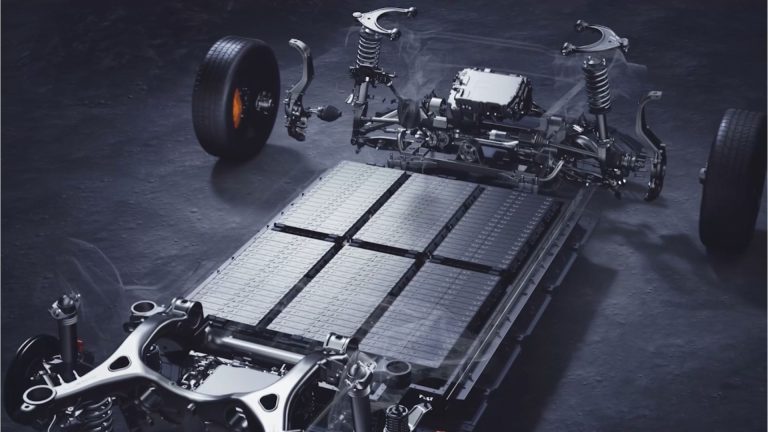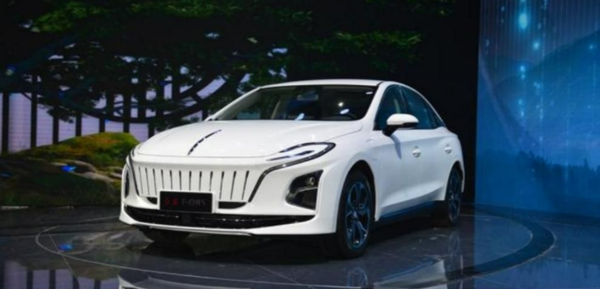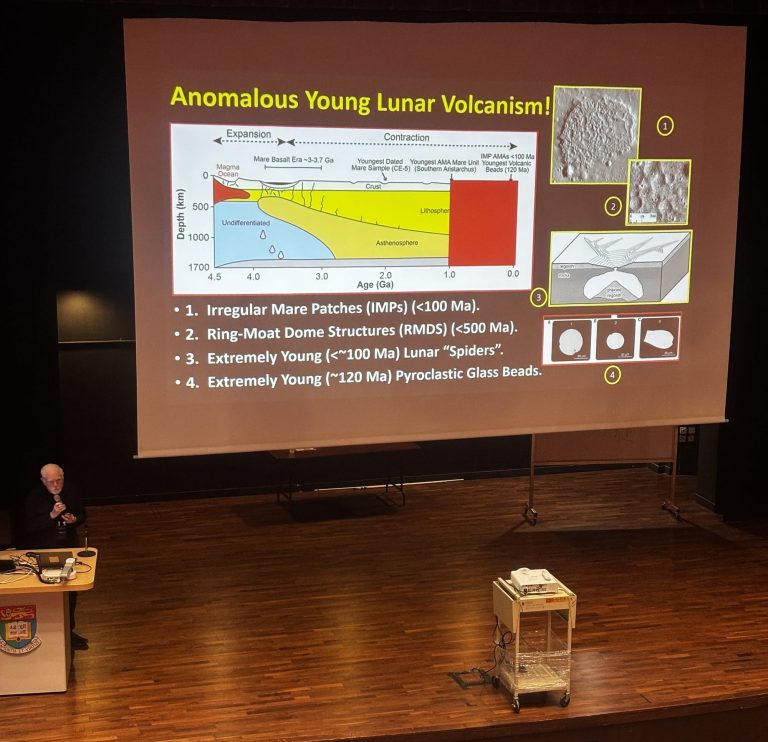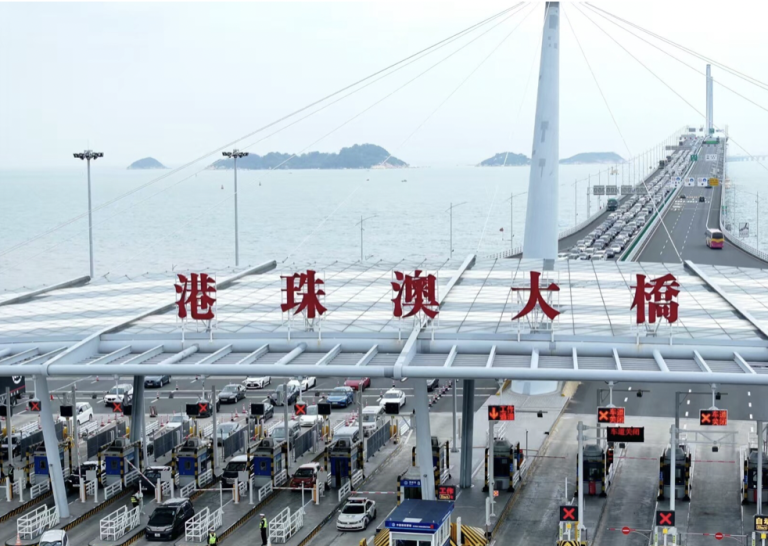Hong Kong is set to make a significant leap into space exploration with its ambitious MoonFlash lunar mission, planned for launch before 2028. This groundbreaking project, spearheaded by the Hong Kong University (HKU) Laboratory for Space Research (LSR), represents a pivotal moment for the city’s scientific capabilities and space research ambitions.
The MoonFlash explorer has a unique and fascinating scientific objective: observing lunar flashes, those brief bursts of light created when meteoroids impact the Moon’s surface. These rare phenomena have been poorly understood, making Hong Kong’s mission particularly exciting. Because the Moon lacks an atmosphere, the data collected will provide unprecedented insights into the Earth-Moon space environment and potentially enhance the safety of future human lunar activities.

What makes this mission especially noteworthy is its local technological foundation. The optical payload will be designed and constructed entirely in Hong Kong, showcasing the city’s growing aerospace engineering capabilities. However, the project isn’t going it alone – the launch and testing phases will be conducted in collaboration with mainland Chinese aerospace partners, highlighting a strategic cross-regional approach to space exploration.
The MoonFlash project is more than just a standalone mission. It’s part of a broader trend of Hong Kong’s increasing involvement in national space initiatives. Researchers from HKU and the Hong Kong University of Science and Technology (HKUST) are actively contributing to major Chinese space programs, including Chang’e-7, Chang’e-8, and Tianwen-3. These institutions have even been granted approval to study lunar samples, further cementing Hong Kong’s position in space research.
The project has robust support from both governmental and charitable sectors. The Hong Kong government and the Hong Kong (International) Aerospace Charitable Foundation are backing the mission, demonstrating a commitment to advancing the city’s space exploration capabilities. Several mainland institutions have already expressed interest in the rocket that will carry MoonFlash into lunar orbit, suggesting strong collaborative potential.
The mission’s significance extends beyond scientific research. In 2024, a Hong Kong payload specialist was selected as part of China’s fourth batch of preparatory astronauts, indicating the city’s growing talent pool in space exploration. Su Meng, Deputy Director of the LSR, describes the next five years as “exciting and transformative” for Hong Kong’s space science community.
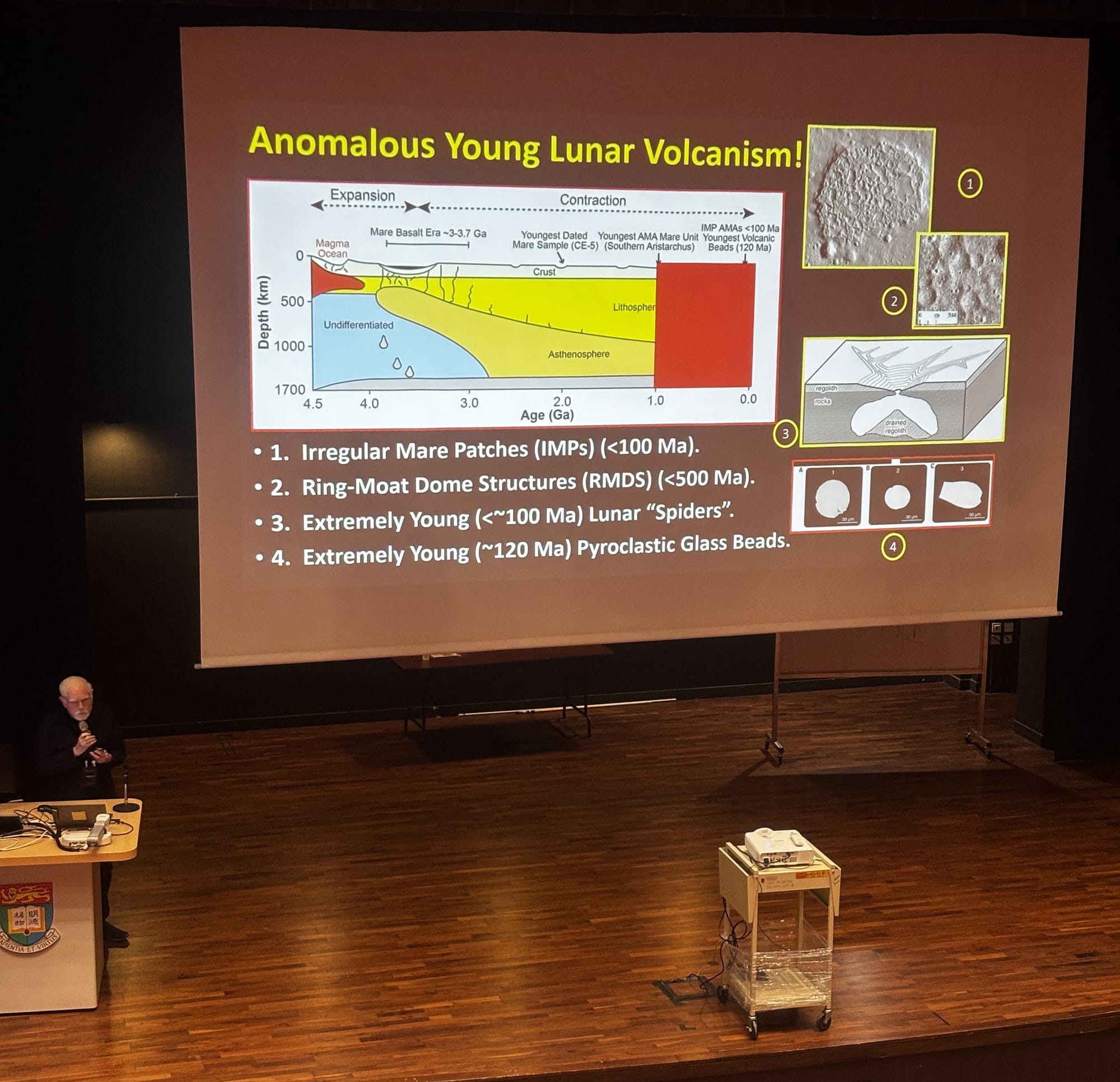
Su’s vision is clear: Hong Kong is “heading towards the moon” both literally and figuratively. The MoonFlash project represents more than just a scientific endeavor – it’s a statement of technological capability and ambition. By leveraging local expertise, government support, and strategic partnerships, Hong Kong is positioning itself as an emerging player in the international space arena.
The global space community will be watching closely. The success of MoonFlash could inspire further investment and innovation in the region, potentially leading to more groundbreaking projects. For now, Hong Kong stands on the cusp of a new era in space exploration, driven by determination, collaboration, and a vision that reaches far beyond the Earth’s atmosphere.
As the countdown to launch begins, one thing is certain: Hong Kong is ready to make its mark in the vast expanse of space, one lunar flash at a time.



